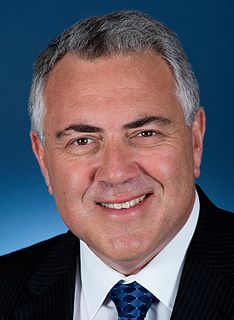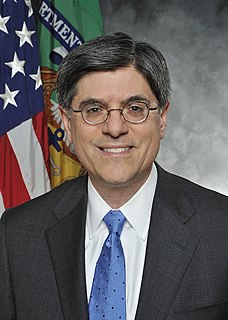A Quote by Paul Krugman
I've always believed in expansionary monetary policy and if necessary fiscal policy when the economy is depressed.
Related Quotes
I'm not trying to be diplomatic. I'm trying to be more nuanced and realistic. I think there has to be a serious examination of the shortcomings of the Euro structure. Euro central institutions, whether it be fiscal policy, monetary policy, financial regulation, are simply not as robust as they are in a currency that has a national government behind it.
Inflation is certainly low and stable and, measured in unemployment and labour-market slack, the economy has made a lot of progress. The pace of growth is disappointingly slow, mostly because productivity growth has been very slow, which is not really something amenable to monetary policy. It comes from changes in technology, changes in worker skills and a variety of other things, but not monetary policy, in particular.






























